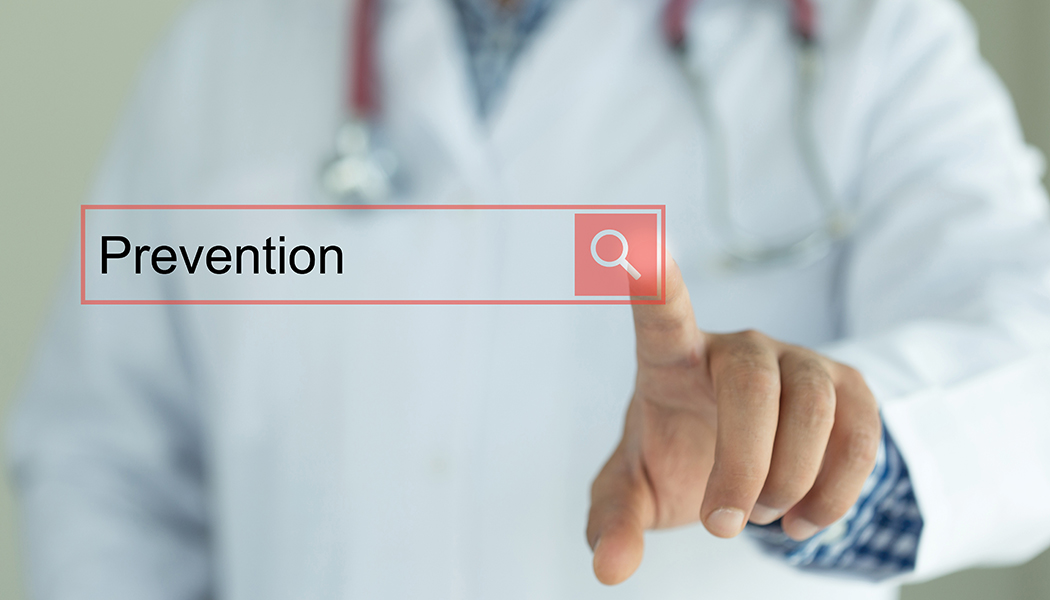National Cancer Prevention Month
There are approximately 1.7 million new cases of cancer diagnosed per year in the United States. Many, if not most, of these cases may have been preventable. To kick off National Cancer Prevention Month, the National Foundation for Cancer Research encourages its readers to pick up cancer-preventative habits. It is never too late to start living a healthier life.
- Say no to your vices (or at least don’t say yes as often). Researchers have proven over and over again that any tobacco use is detrimental to health. It puts users at risk of not only lung cancer, but too cancers of the larynx, mouth, esophagus, throat, bladder, kidney, liver, stomach, pancreas, colon and cervix, as well as acute myeloid leukemia. Environmental tobacco smoke (known as secondhand smoke) may also expose others to the risk of developing cancer. For people who may have used tobacco for years or who already have been diagnosed with one of the aforementioned cancers, quitting will still offer considerable benefits, including longer life.
- While a glass of wine may be good for the heart, alcohol consumption increases one’s risk of cancer. Alcohol use is linked to cancers of the mouth and throat, larynx, esophagus, colon, liver and breast. When drinking alcohol, the body breaks down a chemical called acetaldehyde. This chemical has been shown to damage DNA and prohibit the body from making repairs. Without being able to repair damaged DNA, cells may grow out of control and create a cancerous tumor.
- Beware of carcinogens. Carcinogen is the name given to any substance that may cause cancer. Things like diesel exhaust, asphalt fumes, gasoline and even wood dust are considered carcinogens. Each carcinogen varies greatly in its ability to cause cancer. Sunlight, for example, is a great source of Vitamin D; however, prolonged exposure without protection can be extremely harmful.
- Radon is a carcinogen that may be found within residential homes. It is a radioactive gas released from the normal decay of certain elements. While it is present in most air, high volumes have been linked to lung cancer. Since it is an odorless and tasteless gas, it cannot naturally be detected when present. The best way to keep homes safe from radon exposure is to use a radon detector.
- Maintain a healthy weight with diet and exercise. Combining a healthy diet with regular exercise reduces the likelihood of obesity—a major risk factor for several kinds of cancer. This includes cancers of the breast, kidney, head and neck, esophagus, pancreas, prostate, gallbladder and thyroid. Maintaining a balanced diet and incorporating exercise is a way to reduce one’s risk cancer.
- Get vaccinated. While there are not many cancers that currently have a vaccine available, there are two that have great success rates. One of the vaccines is for the human papillomavirus (HPV). Having HPV is the greatest risk for developing cervical cancer, as well a major risk in developing anal, vaginal and vulvar cancers. The other vaccine which can help prevent cancer is the hepatitis B vaccination. A long-lasting infection of Hepatitis B can cause liver cancer. Both vaccines have been proven safe and highly effective.
- Screen on schedule. Though those for HPV and Hepatitis B are the only vaccinations available, routine screening can offer a similar safety measure. The U.S. Preventative Services Task Force recommends routine screenings for breast, colorectal and cervical cancers. It is also suggested that people with a history of heavy smoking receive lung cancer screenings. Routine screenings allow for an early diagnosis and greatly reduce the number of deaths. If you’re unsure about when to receive screenings, speak to your doctor for more information.
If cancer is believed to run in your family, your doctor may recommend genetic testing. Genetic testing may help predict the risk of a particular disease, find genes that may pass diseases to your children and even provide information to help guide your health. Genetic tests are currently available for breast, ovarian, colon, thyroid, prostate, pancreatic, melanoma, sarcoma, kidney and stomach cancers.
Sign-up to Stay Informed About Cancer Research Breakthroughs with NFCR!
References:
- https://www.cancer.gov/about-cancer/causes-prevention/risk/
- https://www.cancer.gov/about-cancer/understanding/statistics
- https://www.cancer.net/navigating-cancer-care/cancer-basics/genetics/genetic-testing-cancer-risk
- https://www.cancer.net/navigating-cancer-care/how-cancer-treated/immunotherapy-and-vaccines/what-are-cancer-vaccines
- https://www.cdc.gov/cancer/alcohol/index.htm
- https://www.osha.gov/SLTC/carcinogens/hazards.html













